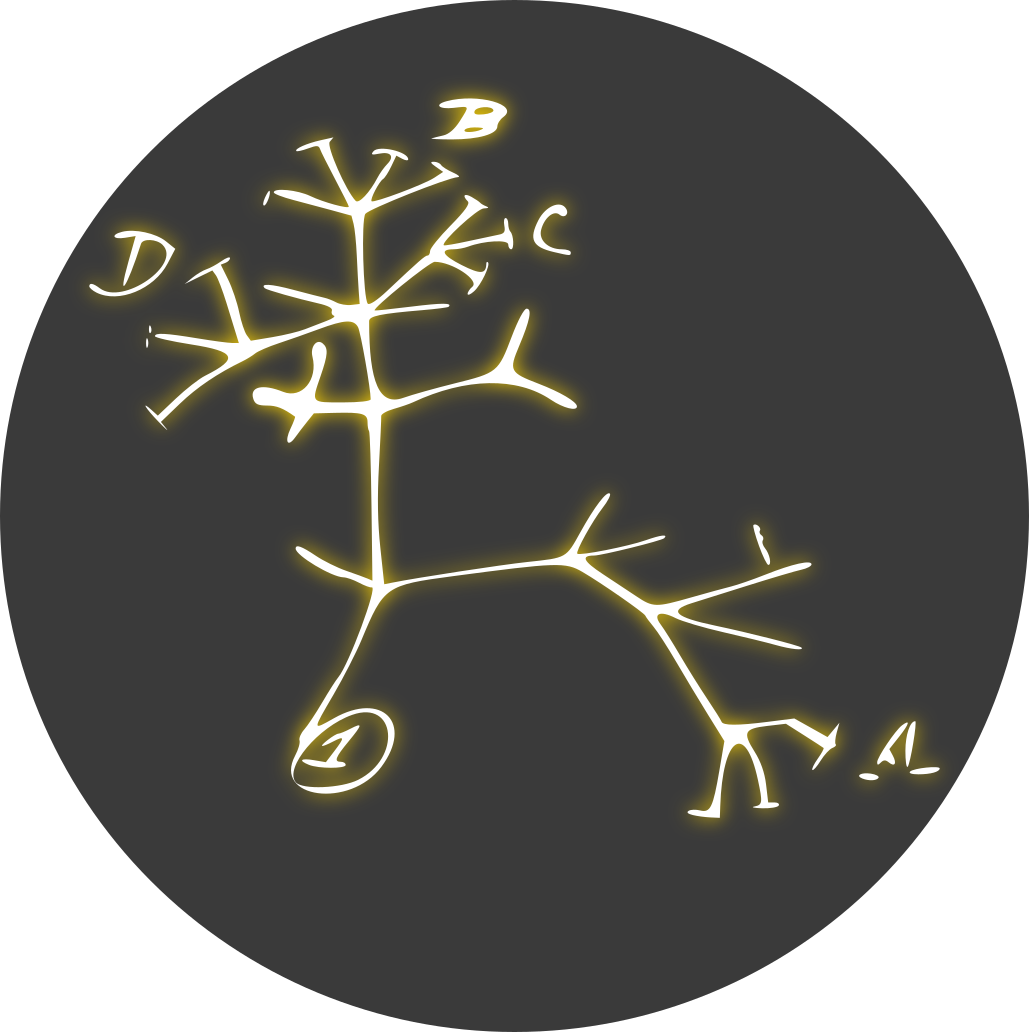

Cities change over time. We should make sure those changes improve the city.


Cities change over time. We should make sure those changes improve the city.


So which city are we going to tear down and rebuild first?
It’s not a good idea to tear down a city and build a new one centraly planned. Don’t be Bob Moses. We want gradual, community directed, increases to the density of cities, and we want to stop building new stroads.
We have to come up with some new laws like you can only own a home that’s within walking/biking distance of your work.
That’s a bad idea. We should just tweak the existing zoning laws to allow high density everywhere, and mandate it in some places.
[Remote work] accomplishes most of what you propose
I strongly disagree. The commute to and from work should not be the only transportation need in a healthy life. People should also visit shops, visit friends, and visit parks. These trips should not require a personal car. Not to mention the large (majority?) number of jobs that absolutely cannot be done remotely.
The pandemic did not cause large changes in uban design, and absolutely did not make streets safer for pedestrians, so I disagree that remote work accomplishes most of my goals.


I’m talking about urban design. If you live on a farm, this doesn’t apply to you. However, it does apply to the 98% of people in America who don’t live on farms.


if you design a city with the assumption that people won’t have cars, you can make it easier to bike and walk to most of the things you need. This kind of urban design is superior to the car centered urban design in that it’s cheaper, healthier, safer, and more environmentaly friendly.


A possible long term goal here is to improve human life by creating a monkey with some human organs for drug testing. This field also has the prospect of growing human organs in pigs for transplants.
To be clear, being chimeric is not inheritable because the DNA is not being mixed. The animal has some cells from one species, and other cells from a different species.
Though you can argue about the ethics of this kind of animal research, I think biomedical research in general is valuable. To improve human welfare, I think it’s important for humanity to have both low risk short term strategies (providing people with food and water), and long term high risk strategies (basic biological research).
As a Eugenian, I was looking for this in the article. I guess it’s a potential future extension.
It would be awesome to have high speed rail to Eugene, and I think it’d be the cheapest part to build given the terrain. But I’m not sure a metro population around half a million could serve as a terminal stop.